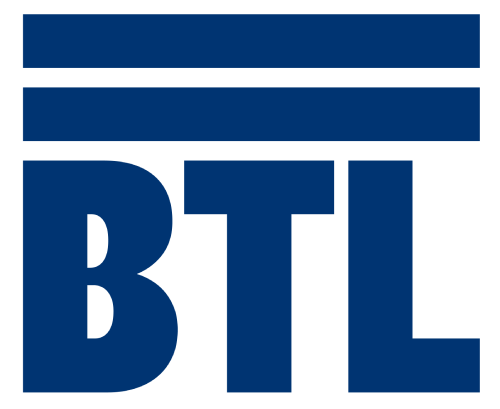Crew members (ex. camera dept, makeup, hair, lighting, transportation, sound, etc) know EXACTLY what the score is when they sign up for a non-union shoot. They’ve read the script. They know what the budget is. They know the hours will be long. They know the food will suck. They know in the deep recesses of their mind that financing can disappear before the film is completed. They know a paycheck or two might never come. And they definitely know they have been hired because the production cannot afford to go union. It’s about the experience, it’s about getting paid long enough to quit if the paychecks stop, it’s about the credit and hopefully the film’s acclaim that will move them up the professional ladder to bigger budget studio films that are only union productions.
The departments most vulnerable to and the most eager to ‘flip’ a non union crew to union with an assist from the self-destructive IATSE unions are the transportation department and the camera department because they have the most leverage. Transportation knows the show can’t move to the next location without them. The camera crew knows that, without them, the director cannot direct (unless the director is Steven Soderbergh).
So, what happens when the turncoats unionize? The production budget immediately balloons. Shooting days are cut, the director rightfully worries that the finished product will either not finish or finish poorly, and the rightfully nervous financiers get on the phone with the producers and their lawyers to figure out what the bottom line damage will be because they have to throw in more money to keep the money they’ve already committed from being lost.
And where does this leave the selfish ‘once non-union’ crew who caused the whole thing? They become proud card carrying members of a union that gaslit them into believing that being known as a film production killer was worth some extra minimum pay and the promise of health insurance only if they work a lot more hours. Well played!
But, there is a solution for producers and financiers of these indie films. Always have a Plan B and a Plan C. This means having backup camera crew and transportation crew on standby. Pay them a very small holding fee on a weekly basis. Call it ‘flip’ insurance that pays dividends when the unionizing crew members find themselves out of a job. Second, always have another state in mind to finish shooting in case the crew in the current state tries to screw you. Third, have backup locations in those other states mind if indeed you have to flee quickly. Fourth, have an abbreviated version of the script written in case certain scenes can no longer be shot or if the coverage the director desires will not be financially possible.
On a separate but sort of related note, it is not just replacing ‘flipping’ crew members who refuse to continue working as non-union members that a producer has at his/her disposal. If a non-union jerk is going to ‘flip’ your show, it is within your legal right to tell this fool that anyone who reaches out to the producer for a reference will be told in full transparency that you partook as a ‘flipper’ and the person who reached out can decide for themselves whether or not a ‘flipper’ can be trusted. We certainly wouldn’t hire someone who tries to bring down a production.
Bottom line: Indie film financiers and producers do not have to be held hostage by these below-the-line ‘flippers’. They have a variety of cards they can play.

